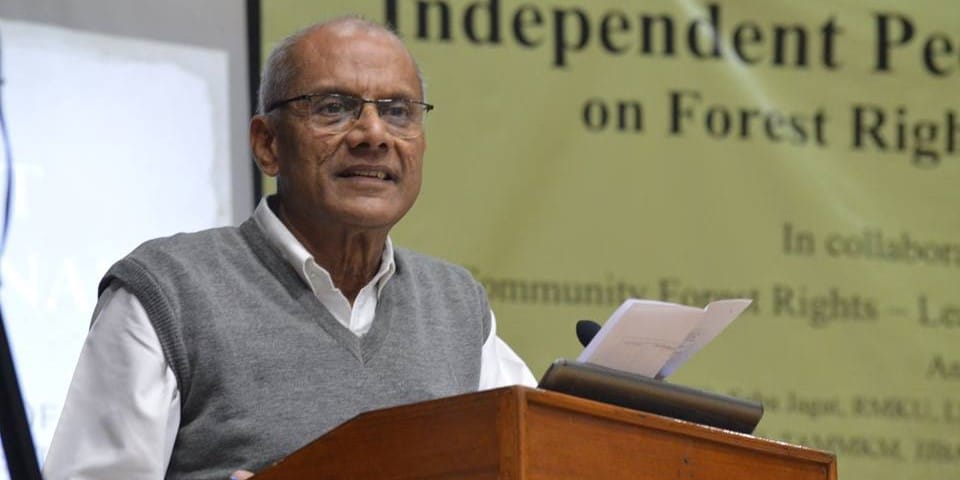Indian lawyer and human rights activist Colin Gonsalves has been awarded the 2017 Right Livelihood Award, which is also called “Alternative Nobel”. The senior Supreme Court advocate was chosen “for his tireless and innovative use of public interest litigation over three decades to secure fundamental human rights for India’s most marginalized and vulnerable citizens,” the Stockholm-based foundation announced on Sept. 27.
Gonsalves’ Human Rights Law Network (HRLN), a nationwide network of lawyers and social activists, fights cases for the underprivileged and marginalized people in India.
“I am both humbled and privileged by the Award,” the 65-year-old New Delhi-based lawyer said in a statement. “It comes at a time when India is going through a dark period and human rights activists are under siege. The platform the Foundation provides will help us strengthen democratic resistance at this critical stage.”
Gonsalves, an alumnus of the Indian Institute of Technology, Bombay, is among three laureates who have named as recipients of the award this year. He will share 3 million kronor (Rs 2.42 crore) in cash with investigative journalist Khadija Ismayilova of Azerbaijan, and Ethiopian lawyer Yetnebersh Nigussie. Also named for an honorary award was American environmental lawyer Robert Bilott.
Announcing the award, Ole von Uexkull, the executive director of the Right Livelihood Award Foundation, said: “Colin Gonsalves has built a network of lawyers all over India who help the most disadvantaged people access their rights. His famous Right-to-Food case at the Indian Supreme Court, for instance, has given 400 million people better nutrition. At a time when India, like many countries, is becoming more authoritarian, Colin and his lawyers’ network play a crucial role in defending the Indian democracy.”
The Right Livelihood Award was established in 1980 by German-Swedish philanthropist Jakob von Uexkull, and is presented annually to “honor and support those offering practical and exemplary answers to the most urgent challenges facing us today”. It is considered recognition for people whose work is thought to be ignored by the Nobel Prize Committee.
